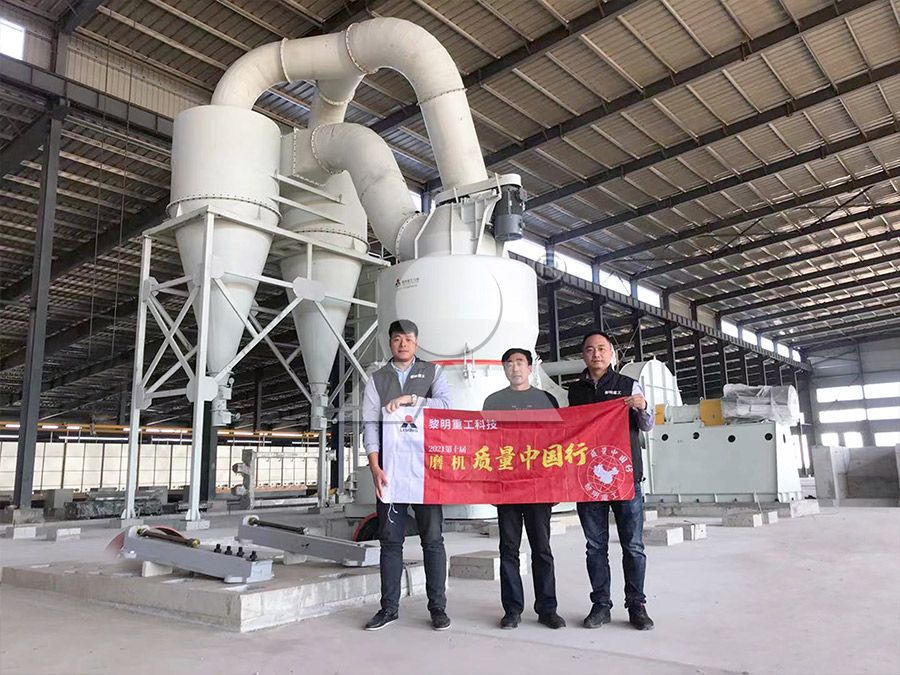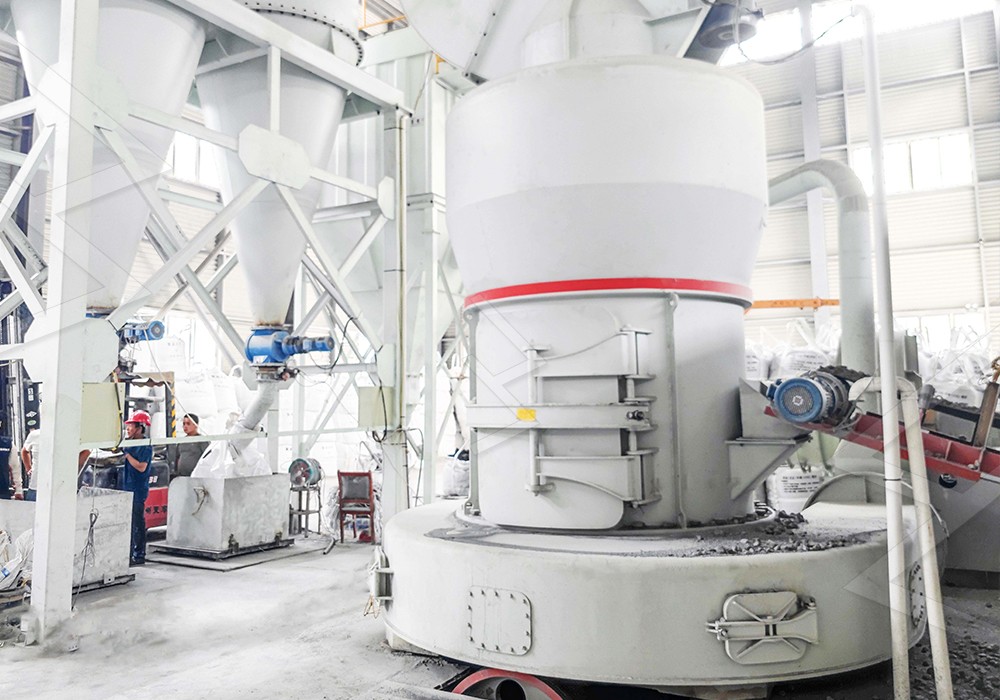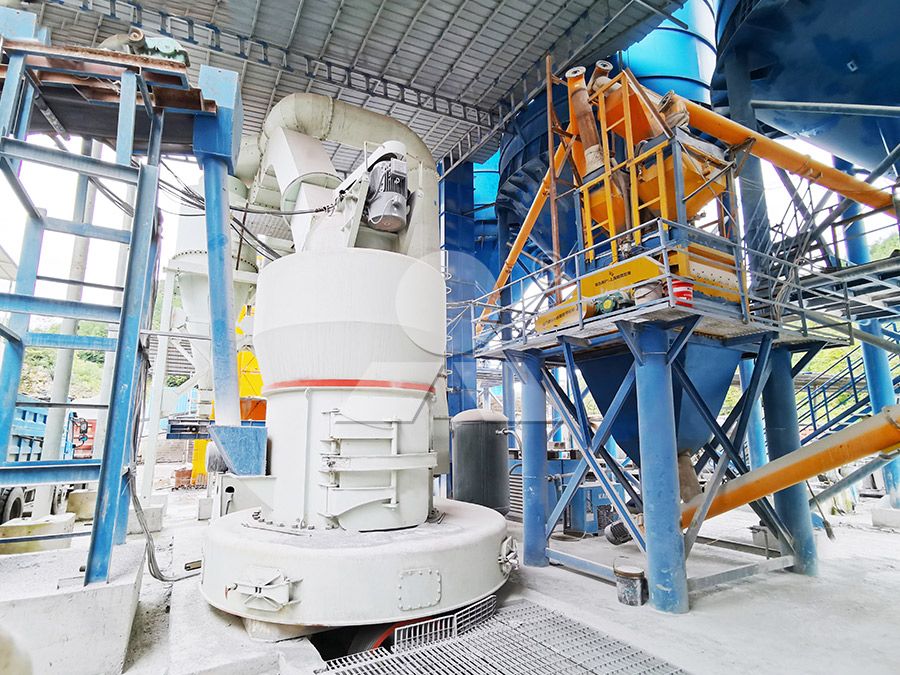Gypsum Grinding Mill Process: From Raw Material to Fine Powder
We provide a wide range of mills — including Raymond mill, trapezoidal mill, vertical mill, ultrafine mill, and ball mill, obtained ISO9001 international quality certification, EU CE certification, and Customs Union CU-TR certification. Suitable for processing minerals such as limestone, phosphate, quicklime, kaolin, talc, barite, bentonite, calcium carbonate, dolomite, coal, gypsum, clay, carbon black, slag, cement raw materials, cement clinker, and more.
The discharge range of these mills can be adjusted to meet specific processing needs, typically from 80-400 mesh, 600-3250 mesh, and can achieve the finest particle size of up to 6000 mesh(D50).
If you are looking for a reliable grinding solution to turn stone or minerals into fine powder, please feel free to contact our online customer service.
Gypsum Grinding Mill Process: From Raw Material to Fine Powder
The transformation of raw gypsum into fine powder is a sophisticated process that requires precision engineering and advanced technology. Gypsum, a versatile mineral widely used in construction, agriculture, and industrial applications, must undergo several processing stages to achieve the desired fineness and quality for various end uses.
Raw Material Preparation
The journey begins with raw gypsum extraction from quarries or mines. The extracted material typically contains impurities and varies in size, requiring initial crushing to reduce large chunks into manageable pieces. Primary crushers break down the gypsum to approximately 0-20mm fragments, creating a uniform feed for the grinding process. Proper preparation ensures consistent grinding performance and final product quality.

The Grinding Process
Once prepared, the gypsum enters the grinding mill where the actual transformation occurs. Traditional grinding methods often involve multiple stages and various equipment types, but modern solutions have streamlined this process significantly. The ground material undergoes classification to separate particles by size, with oversize material returning for further grinding while properly sized powder moves forward for collection.
For operations requiring ultra-fine gypsum powder with precise particle size distribution, the MW Ultrafine Grinding Mill presents an ideal solution. This advanced mill handles input sizes of 0-20 mm with capacities ranging from 0.5 to 25 tph, making it suitable for various production requirements. Its innovative design eliminates rolling bearings and screws in the grinding chamber, significantly reducing maintenance concerns and potential machine damage from loose components.
Advanced Technology for Superior Results
Modern gypsum grinding mills incorporate sophisticated features that enhance efficiency and product quality. The MW Ultrafine Grinding Mill exemplifies this advancement with its German-engineered cage-type powder selector, allowing fineness adjustment between 325-2500 meshes. This precision enables producers to create customized gypsum products for specific applications, from construction materials to food additives.

Environmental considerations have become increasingly important in mineral processing. The integration of efficient pulse dust collectors and mufflers in mills like the MW series ensures minimal dust and noise pollution, aligning with stringent environmental standards. The external lubrication system permits continuous 24-hour operation without shutdowns for maintenance, maximizing productivity.
Final Product Collection and Packaging
Following the grinding and classification stages, the fine gypsum powder enters collection systems, typically cyclone collectors or baghouse filters. The collected powder is then transported to storage silos or packaging systems. The entire process from raw material to packaged product demonstrates the efficiency of modern grinding technology in transforming a natural mineral into valuable industrial and commercial products.
Another excellent option for gypsum processing is the LUM Ultrafine Vertical Grinding Mill, which combines Taiwanese grinding roller technology with German powder separating technology. With an input size of 0-10 mm and capacity of 5-18 tph, this mill offers unique advantages for specific production requirements, particularly when space optimization is crucial.

Frequently Asked Questions
What is the typical particle size range for ground gypsum?
Ground gypsum typically ranges from 325 to 2500 meshes, depending on the application requirements. Advanced mills like the MW Ultrafine Grinding Mill offer precise control within this range.
How does the grinding process affect gypsum quality?
Proper grinding preserves the chemical properties of gypsum while achieving the desired physical characteristics. Modern mills maintain low iron content and high whiteness through optimized grinding curves and minimal material contamination.
What maintenance is required for gypsum grinding mills?
Advanced designs significantly reduce maintenance needs. The MW Ultrafine Grinding Mill, for instance, features no rolling bearings in the grinding chamber and external lubrication, minimizing downtime and maintenance requirements.
Can the same mill process different materials besides gypsum?
Yes, mills like the MW series are versatile and can process various materials including limestone, calcite, dolomite, barite, and talc, making them valuable for operations handling multiple mineral products.
How important is environmental compliance in gypsum grinding?
Extremely important. Modern mills incorporate pulse dust collectors, mufflers, and noise elimination features to meet environmental standards while maintaining production efficiency.
